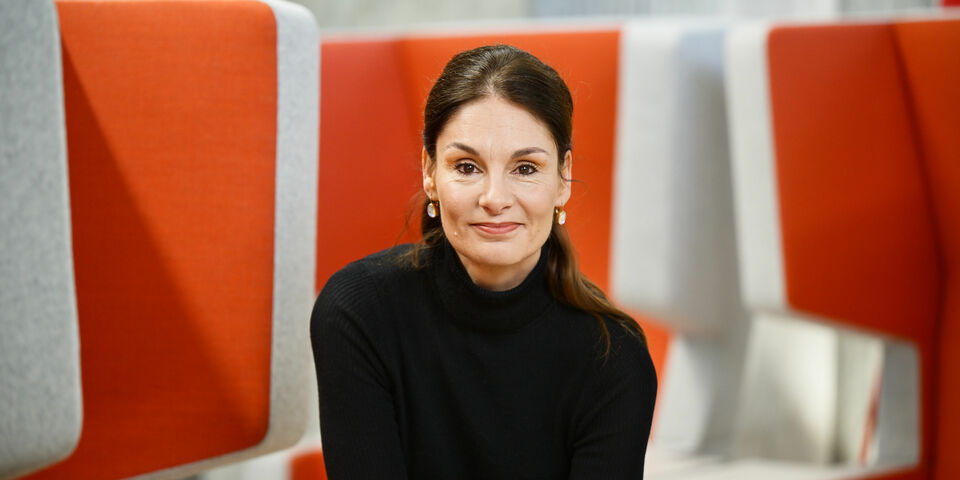Wisdom
On Saturday, I read an interview with emeritus professor of clinical psychology Paul Verhaeghe in FD Persoonlijk, the weekend supplement of Het Financieele Dagblad. He argues that we live in a time of an explosion of knowledge, giving us the illusion that we can solve everything. However, in order to make well-considered choices based on that knowledge, we need wisdom.
And according to Verhaeghe, we can find this wisdom in literature, art, traditions and Ancient Greece. Well, I happen to be an avid reader; I have been since childhood. I studied Latin and Greek in secondary school, took art history classes, and in recent years, I’ve enjoyed gaining insights from ancient traditions. I’m convinced that all of this has helped me over the years to reflect on existential questions such as how we relate to others.
A little over three months ago, I joined Cursor as its new editor-in-chief. In my first opinion piece as editor-in-chief, I explained my perspective on reliable journalism. The bottom line is that, as a serious news medium, the editorial team constantly has to make decisions about what to focus on and how to approach this. Our goal is to be as objective and truthful as possible in every article we publish.
However, this goal cannot always be achieved. For example, because false assumptions were made, sources were insufficient, or the perspective doesn’t do the topic justice. When mistakes are made, the editor-in-chief takes responsibility and tries to correct those mistakes and learn from them through joint efforts and discussion. Sometimes it’s not about mistakes, but about sensitivities. We handle those with care as well.
For instance, the editorial team recently received an anonymous report. To verify its contents, we tried to trace the source. When we were unable to do so right away, we decided not to pursue it for the time being. But when the report started circulating within our community and raising questions, we decided to publish anyway. After all, as editors, we have a responsibility to make knowledge, information, and opinions accessible to the TU/e community.
Not everyone always agrees with the editorial team’s choices. We take differing opinions seriously and factor them into our considerations. In turn, we explain how we arrived at our decision and point to our editorial statute, which explains our journalistic principles. This is usually sufficient, but not always. For example, when a conversation turns into an intense discussion.
At that point, it comes down to wisdom, according to emeritus professor Paul Verhaeghe. I was reminded of a quote by the Chinese philosopher Confucius: “When you talk to someone and they do not agree, stop and examine yourself.” He’s referring to self-reflection instead of discussion. This is what the Greek philosopher Socrates had to say about that: “The only thing I know is that I know nothing.”
More recently, American author Stephen R. Covey wrote: “Seek first to understand, then to be understood.” What he means is that if you genuinely try to understand the other person, this creates room for mutual respect, even if you continue to disagree. These are valuable pearls of wisdom that have stuck with me and that I try to apply in my work.
Marieke Verbiesen is editor-in-chief of Cursor. For tips, ideas, or a good conversation, send an email to .


Discussion